04
Faculty & Research
Sub Title
Learn about the ideas, innovation and inquiry driving academic excellence
The school’s remarkable success over the last decade has been powered by the research, teaching and leadership of INSEAD’s faculty. Their current strength – in numbers and academic excellence – promises an even more successful decade to come.
The tentative post-pandemic return to recruitment in 2021–2022 continued over the last year, with the arrival of three new outstanding faculty members, and a new dean with a stellar academic reputation. Under the leadership of Dean of Faculty, Professor Javier Gimeno, there was also a strong strategic focus on measures to achieve retention and improved gender balance, which are now bearing fruit.
In addition to the usual crop of annual academic awards listed in the following pages, Professors W. Chan Kim and Renée Mauborgne were the recipients of a very special honour for their paradigm-breaking Blue Ocean Strategy research, as part of Harvard Business Review’s 100th anniversary celebrations. They were among only four professors in the world to be recognised in this way.
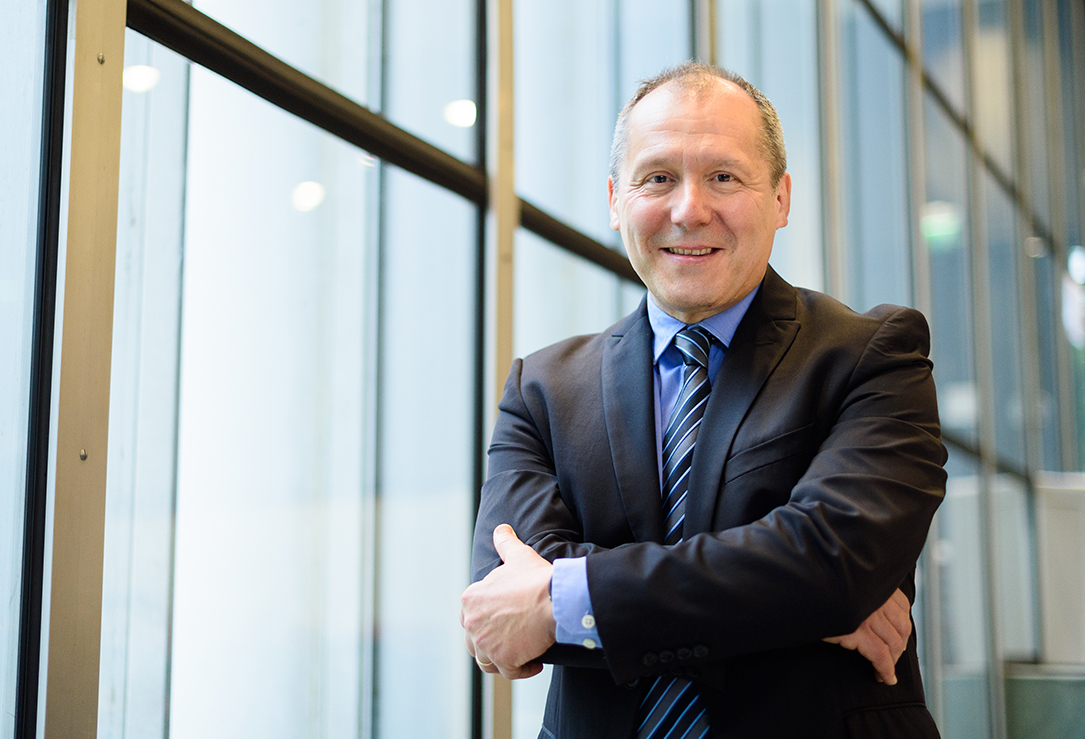
Another of our most influential professors was the recipient of an internal honour, becoming the first holder of the Kurt Björkland Chair in Innovation and Growth. The new endowed position was inaugurated in November 2022 and awarded to economist, Professor Philippe Aghion, who is known worldwide for his work on economic growth driven by innovation.
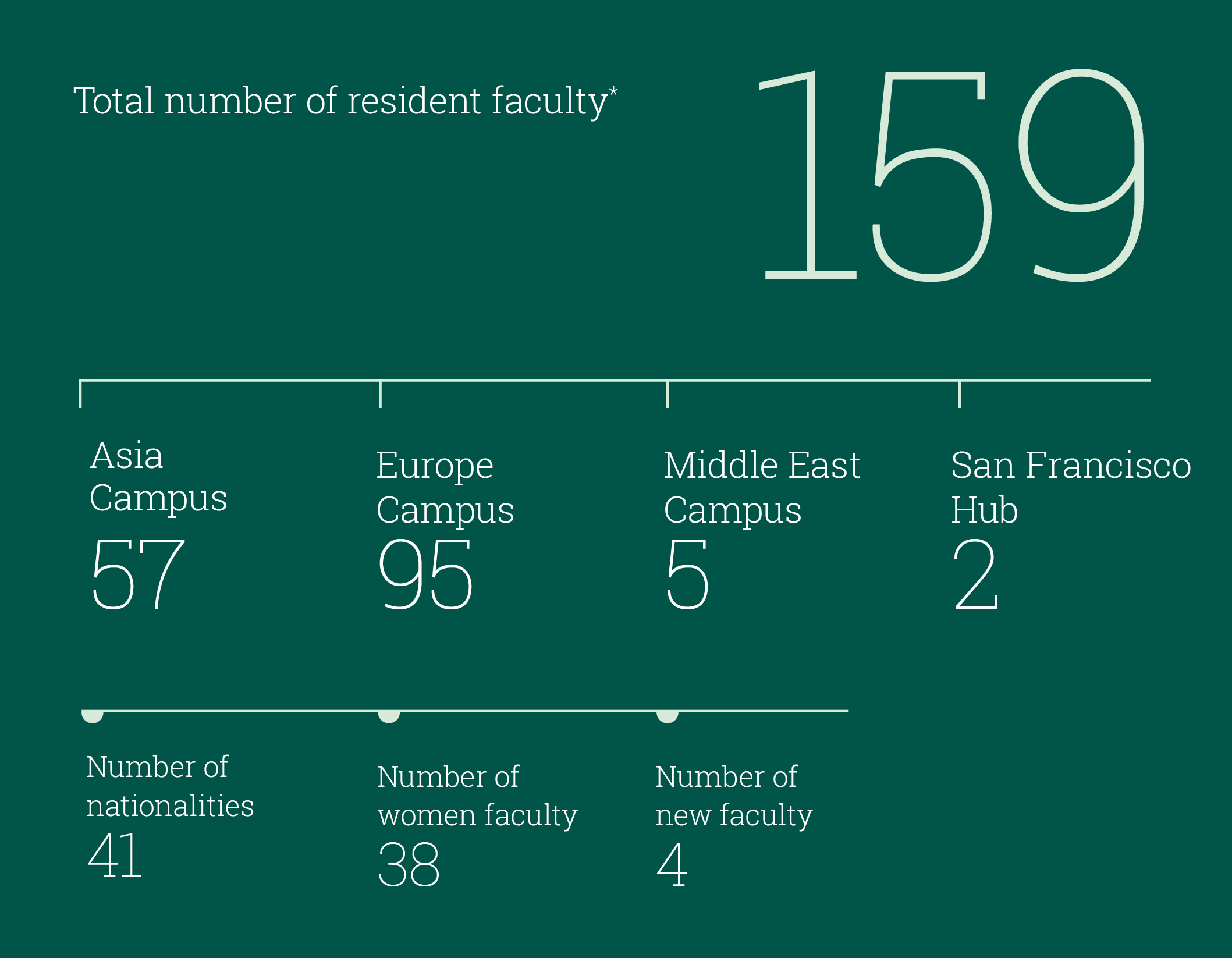
* Resident faculty refers for affiliate and standing faculty.
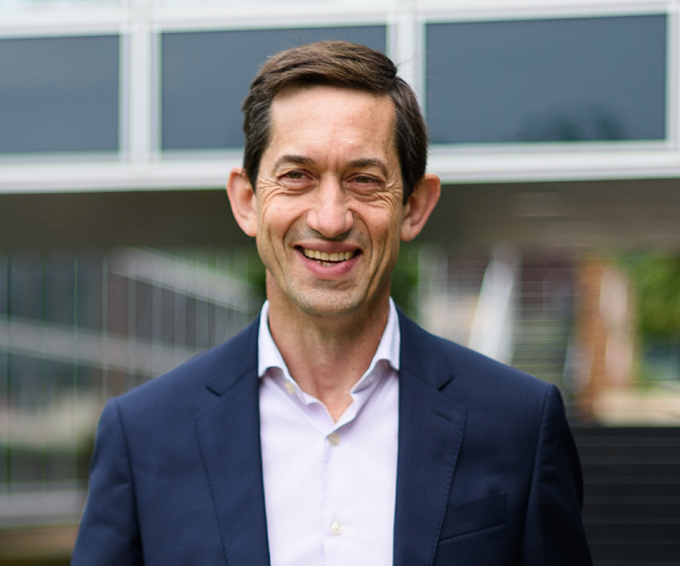
Francisco gained a PhD in Technology, Management and Policy from the Massachusetts Institute of Technology (MIT) and went on to become a professor at Carnegie Mellon University, where he retains an adjunct appointment. Prior to joining INSEAD, he was Dean of both Imperial College Business School, London; and Católica Lisbon School of Business & Economics.
Francisco’s research focuses on high-tech innovation and entrepreneurship. He has published widely in leading journals and won several international awards for his academic work, as well as a variety of competitive research grants. He is a dedicated educator, with thousands of hours of degree and non-degree teaching, in addition to supervising more than ten PhD dissertations, five of which won international awards.
Outside academia, Francisco regularly works as a consultant and advisor to start-ups, established firms, universities and governments around the world. He is also an active contributor to the key international business school accreditation agencies – AACSB, EFMD and AMBA – having participated as a peer reviewer for over ten institutions.
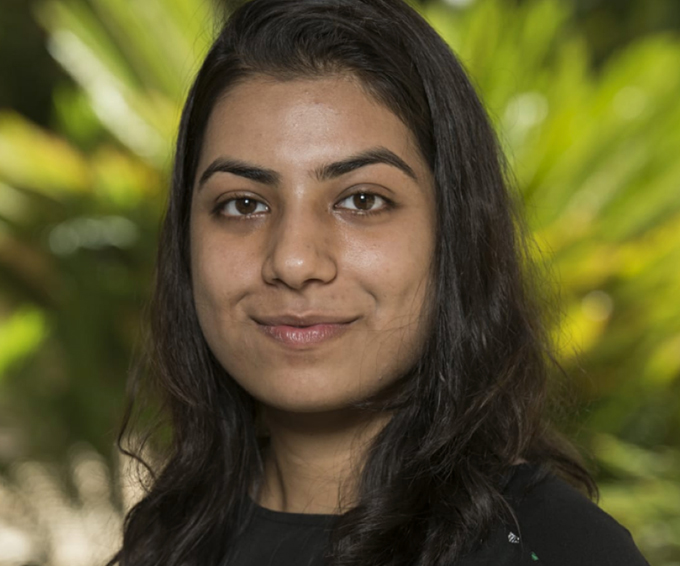
Rupali gained her PhD in Quantitative Marketing from Stanford University’s Graduate School of Business. Before entering academia, she worked as a management consultant at Kearney. Her research covers areas such as marketing analytics, technology adoption and customer centricity. She uses randomised field experiments, machine learning and econometric analysis to study causation in the marketing strategies of small companies and creators.
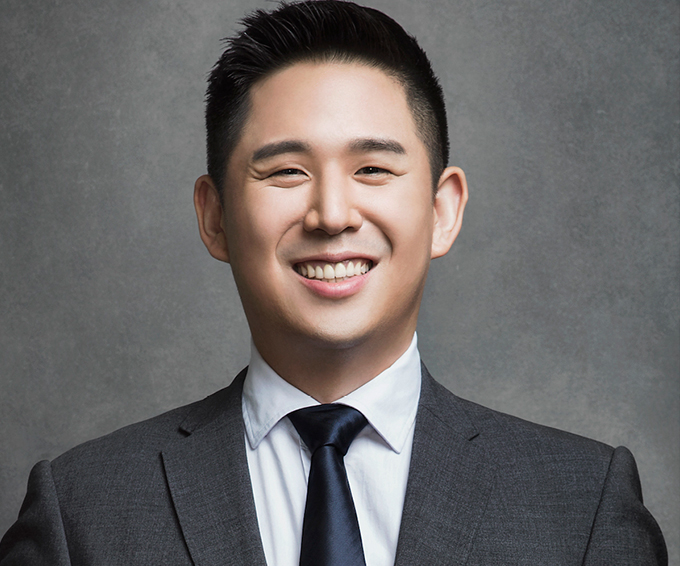
Michael’s research interests include the politics of innovation, the science of science, network theory and machine learning. His work has appeared in Nature and has featured in such global media titles as The Economist, The New York Times, Forbes and ChosunBiz. He gained a PhD in Strategic Management and Entrepreneurship from the University of Minnesota, before which he worked for a hedge fund in New York. He remains closely involved in his family’s commercial real estate business.
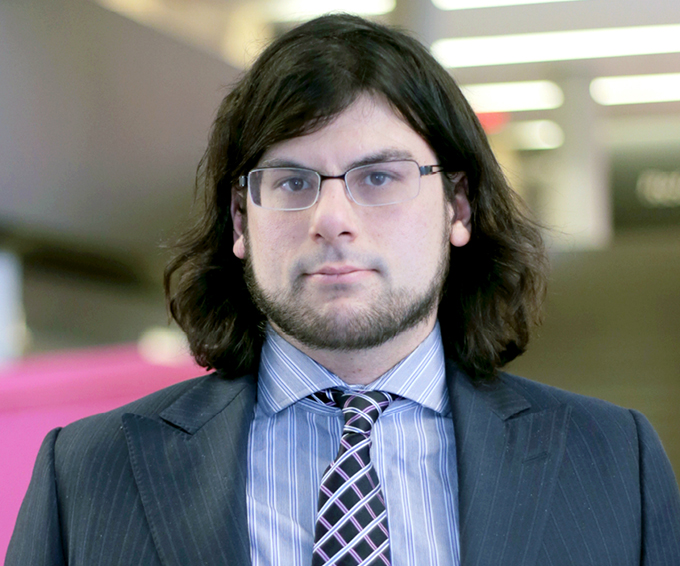
Pat Akey is an Associate Professor at the University of Toronto and member of the European Corporate Governance Institute. He completed his PhD in Finance in 2014 at London Business School. His research focuses on the political economy of finance and the incentives for companies to benefit society. He has presented at numerous conferences, received several academic awards and published in the major journals of his field. His work has also been referenced by The Economist, Bloomberg and National Public Radio.
Philippe Aghion to the Kurt Björklund Chair in Innovation and Growth
Paulo Albuquerque to the INSEAD Fellowship in Memory of Erin Anderson
Guoli Chen to the Mubadala Chair in Corporate Governance and Strategy
Vibha Gaba to the Berghmans Lhoist Chair in Entrepreneurial Leadership
Sameer Hasija to the Henry Ford Chair in Technology and Operations
Peter Joos to the Baron Janssen Professorship
Ella Miron-Spektor to the INSEAD Dutch Alumni Fellowship in Leadership, Diversity and Governance
Mark Stabile to the Stone Chair in Wealth Inequality
Roderick Swaab to the INSEAD Chair in Leadership and Conflict Resolution
Gabriel Szulanski to the Boston Consulting Group Bruce D. Henderson Chair in International Management
Ilia M. Tsetlin to the INSEAD Chair in Decision Sciences
Maria Ana Vitorino to the Shell Fellowship in Business and the Environment
Frederico Belo, Nathan Furr, Spencer Harrison, Peter Joos, Ella Miron-Spektor and Ithai Stern from Associate Professor with Tenure to Full Professor
Kaisa Snellman from Associate Professor without Tenure to Associate Professor with Tenure
Abhishek Borah, Olivier Dessaint, Naveen Gondhi, Ivana Naumovska, Ville Satopaa and Spyros Zoumpoulis from Assistant Professor to Associate Professor with Tenure
Sujin Jang from Assistant Professor to Associate Professor without Tenure
José Luis Álvarez from Senior Affiliate Professor to Professor of Management Practice
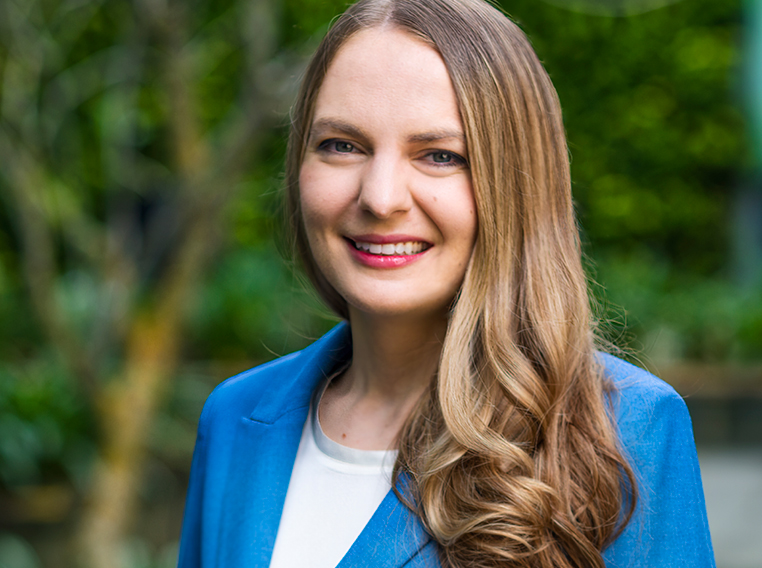
2022 SMS Knowledge & Innovation Outstanding Reviewer, Strategic Management Society and 2022 Strategic Management Journal Best Reviewer
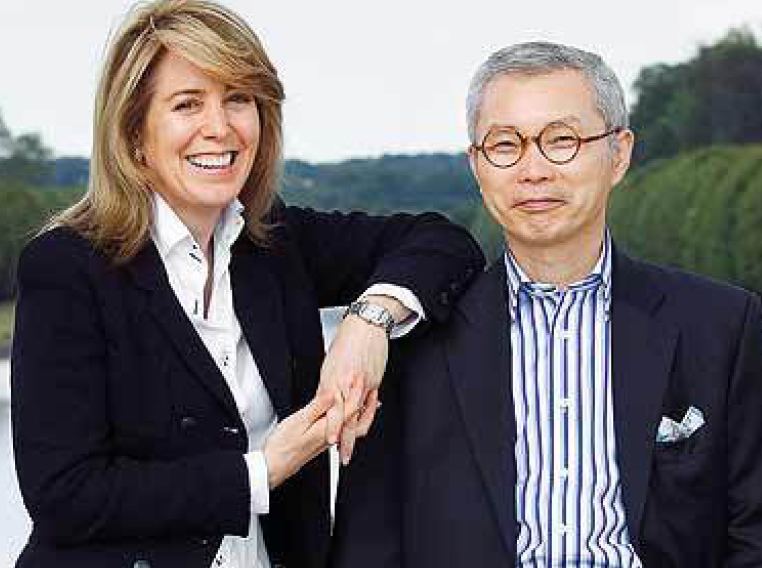
Leading Thinkers, Harvard Business Review Centennial Celebration, New York City March 2023
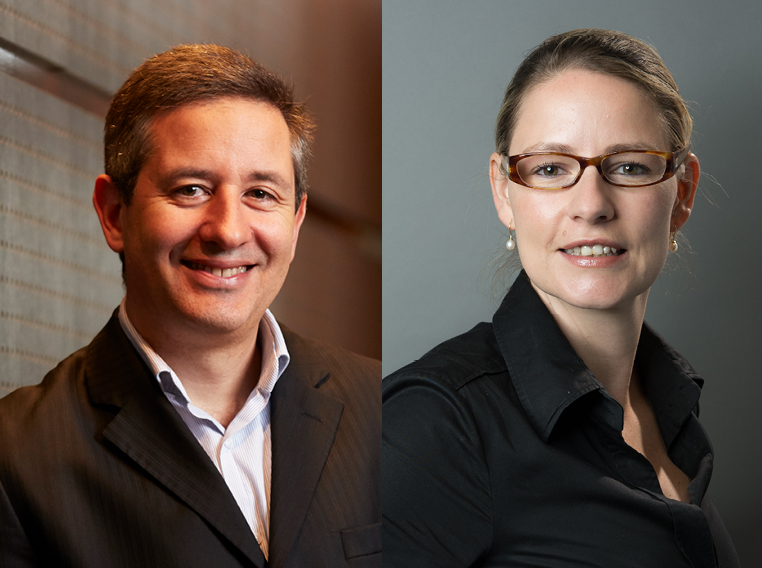
Winners of the 2023 AMA-EBSCO-RRBM Award for Responsible Research in Marketing
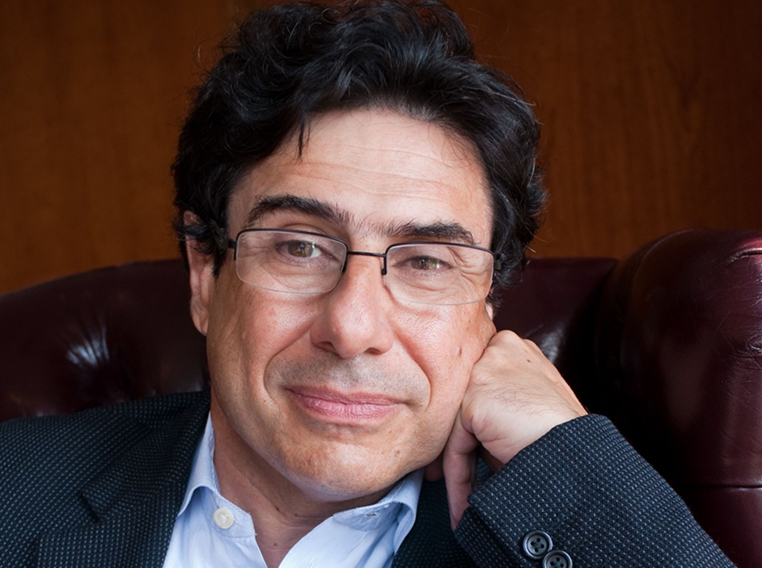
2022 Jean-Jacques Laffont Prize, Toulouse School of Economics (TSE)
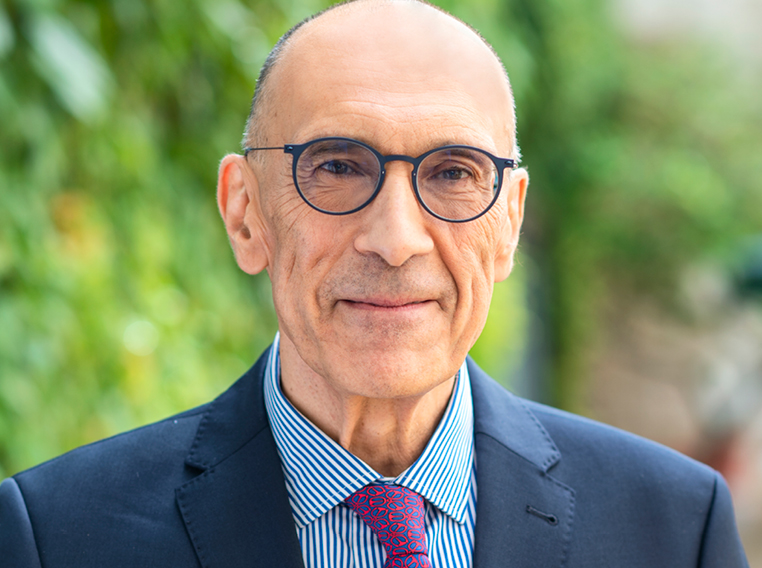
Fellow Class of 2022, INFORMS
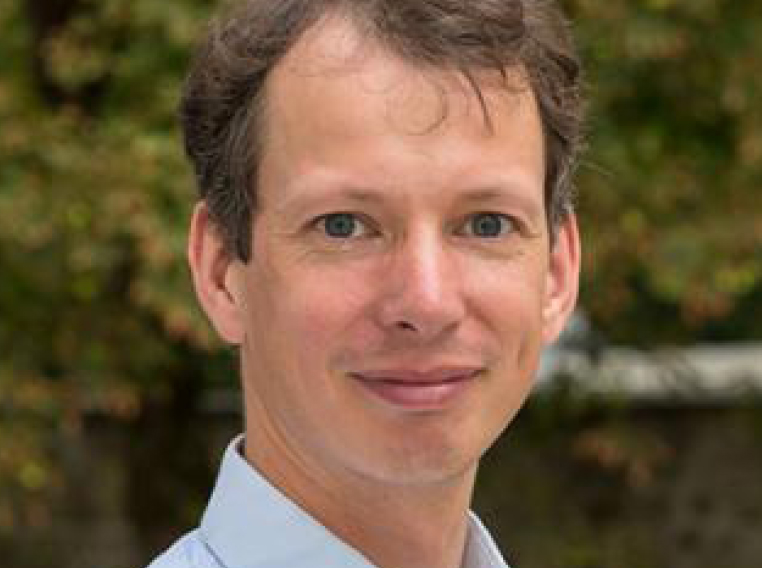
2023 STR Emerging Scholar Award, Academy of Management
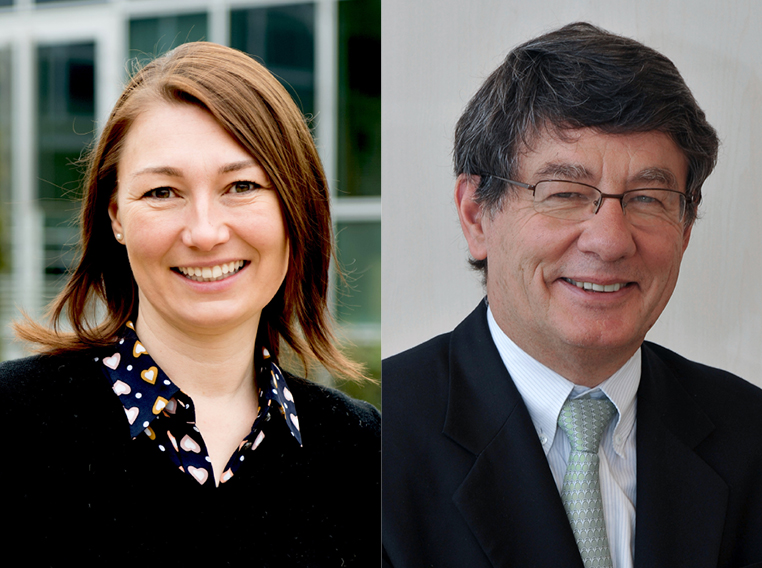
Winners, Foundation for the Advancement of Finnish Securities Markets Article Award for ‘Managerial Trustworthiness and Buybacks’ in the Journal of Financial and Quantitative Analysis
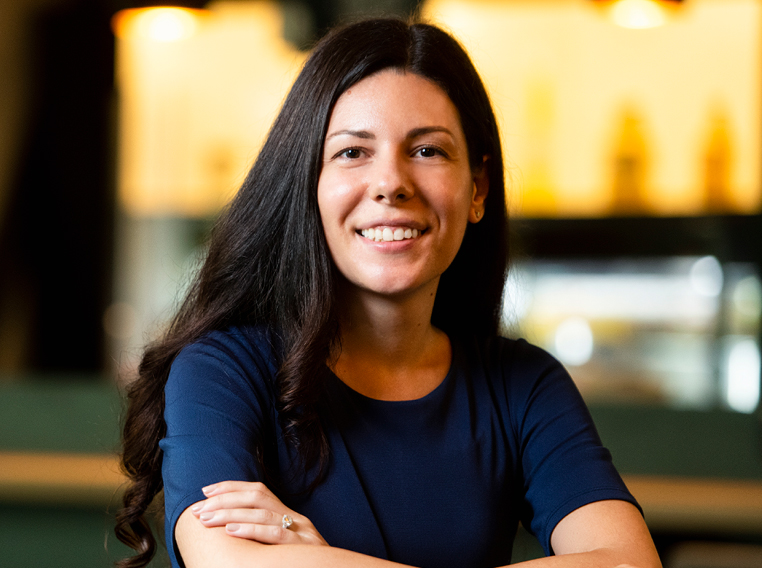
Winner of Best Conference Paper Award, WISE 2023 Conference in Sydney
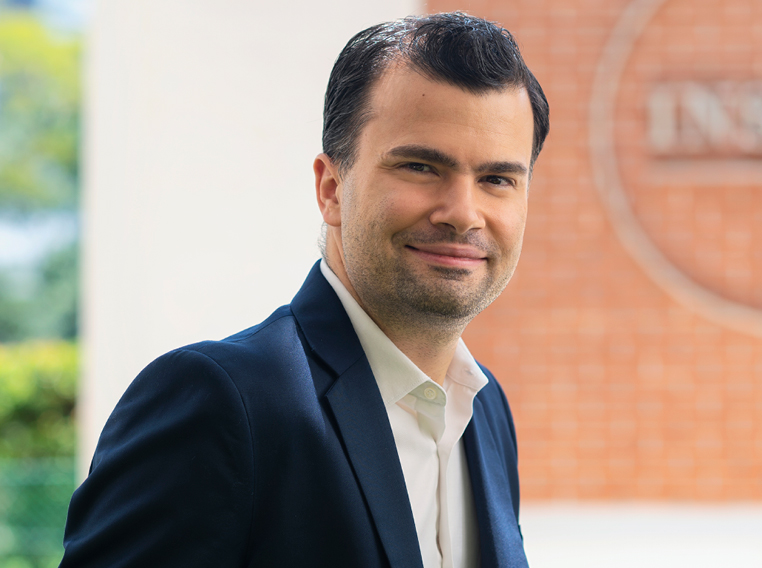
Winner of the 2023 AOM-RRBM Award for Responsible Research in Management
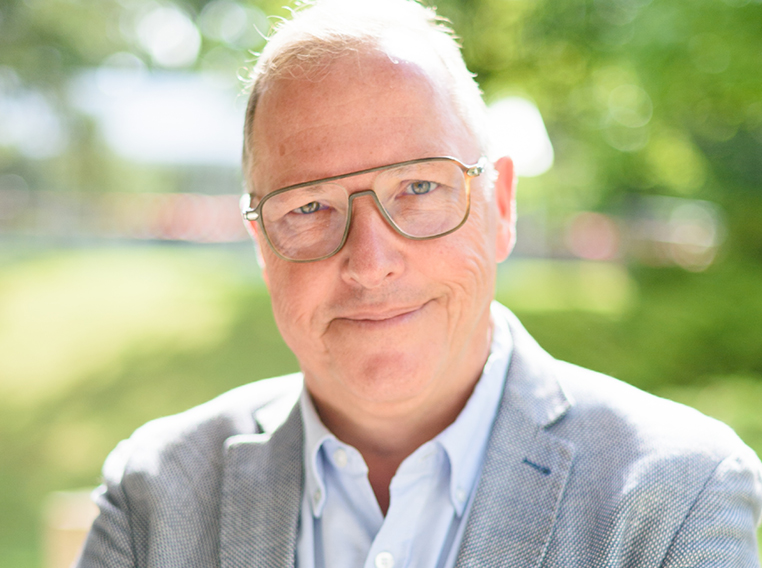
2022 Top Cited Article in The Journal of Marketing: ‘A Theories-in-Use Approach to Building Marketing Theory’
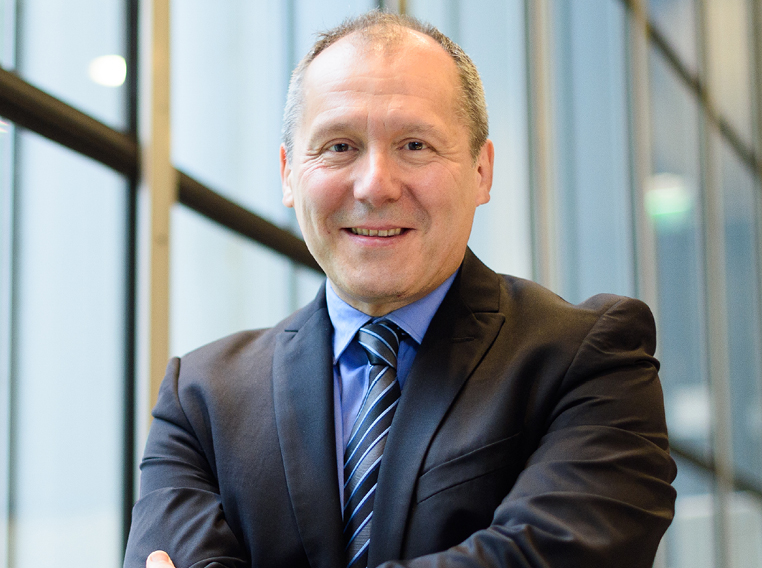
Fellow of the Strategic Management Society
Research is the engine that drives not only INSEAD’s reputation but also our growth. The ideas generated by our vibrant intellectual community of faculty and researchers, led by Dean of Research, Professor Lily Fang, strengthen our status as a thought leader for global business and lay the foundations for the success of our programmes, events and communications.
Over the last ten years, INSEAD research has risen steadily in the Financial Times' research rankings. More significantly, we broke into the global top ten of the authoritative University of Texas at Dallas' listing of the best institutions for business research. We remain the only standalone business school and institution outside North America in the top 25. These achievements are all the more remarkable when you consider that these rankings are not scaled by the size of faculty.
We believe our continuous rise in research reputation owes much to the emphasis that Dean Ilian Mihov placed on building a 'Vibrant Intellectual Environment' (La VIE) inside INSEAD, and pioneering the notion that businesses can be a force for good beyond the school. Building such a strong research environment has not been an overnight effort. Kicked off ten years ago during the early days of Ilian’s deanship, it was the enforced separation imposed by Covid-19 that highlighted the importance of a culture for research and intellectual vibrancy. We can be separated physically, but our community of faculty and researchers are ever more closely connected intellectually. Internal discussions and collaborations flourished during the pandemic, facilitated in large part by our eclectic portfolio of centres and initiatives that focus on many of the world’s top challenges.
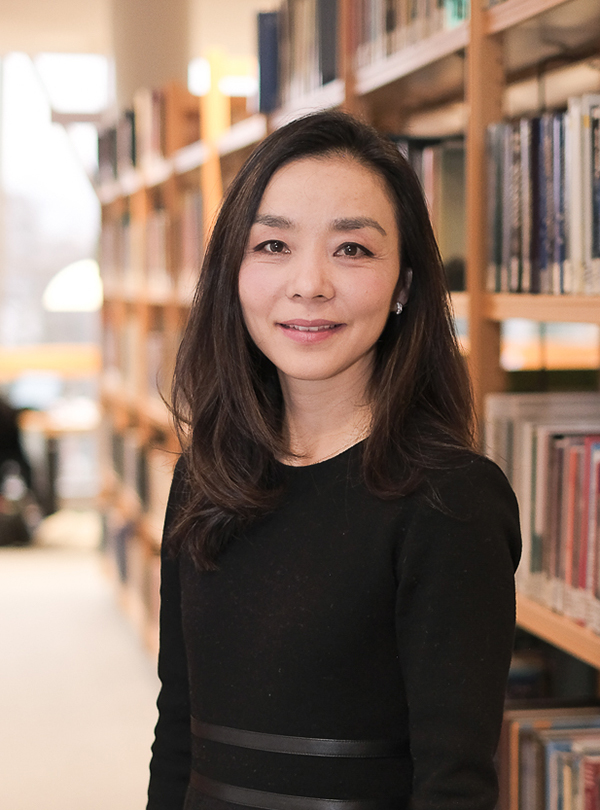
This focus continued this Academic Year with the establishment of two new initiatives: the INSEAD Sustainable Business Initiative and the Negotiation and Conflict Management Collaborative. Existing centres and initiatives such as the INSEAD Gender Initiative, the INSEAD Africa Initiative, and the James M. and Catherine D. Stone Centre for the Study of Wealth Inequality have also served as meeting points and platforms to connect our faculty and researchers internally, and to synergise our work with the world outside, helping to address some of the world’s most pressing issues.
We have also received research funds from many generous donors, focusing on areas as diverse as: Sustainability and virtual reality case studies; ESG finance; embedding the UN SDGs in business education; and research into issues of gender parity in the workplace. This funding has increased our output of relevant and rigorous award-winning research and further enhanced our research reputation, more broadly.
Above all, a transformational gift of €40 million in endowed funds from an alumnus in 2020 not only reflects the recognition of INSEAD research, but shields the annual research and innovation budget needs from the school’s business fluctuations.
Academic Year 2022–2023 was a particularly busy year for conferences, symposia and summits on our campuses. These not only showcase our own research, but also bring together some of the world’s best thinkers to spark new ideas. In partnership with Wharton, INSEAD jointly hosted the two-day Responsible Research in Business Management Conference in June 2023 on the Europe Campus, which in the same month also welcomed delegates to the Hoffmann Institute's Business and Society Summit.
Another highlight was the 12th Tri-Annual Choice Symposium on our Europe Campus. This year, some 350 leading scholars from around the world spent 3.5 days in 26 different workshops, taking a multidisciplinary deep-dive into some of the big questions of the day, ranging from combatting misinformation to the dark side of artificial intelligence (AI) and the metaverse, to sustainable and healthy food.
Other events covered a variety of topics such as: accounting; behavioural perspectives on corporate governance; consumer choice; the creative industries; entrepreneurship; finance; information and learning in decision making and operations; and international economics.
In addition, the Marketing and Sales Excellence Initiative held a number of bootcamps and discovery events, both in person and online, during the year. The Africa Initiative supported the school’s annual Africa Business Conference. And the digital@INSEAD Team ran a ‘Future Forum’ in Paris on how Web3 will transform the fashion and luxury industry.
It was a productive year for research output. INSEAD faculty published 151 journal articles, on which research rankings and academic promotions are based, and 71 INSEAD working papers, many of which will turn into journal articles in due course. Simultaneously, they authored 15 books and contributed chapters to 11 others.
In terms of pedagogical output, INSEAD faculty and specialist writers, supported by the dedicated in-house publishing team, produced 46 case studies and translated 10 cases in 2022–2023. Over 155,000 copies of INSEAD cases were utilised internally, underlining their importance within our own teaching and programmes.
Externally, we sold nearly half a million copies of our case studies, which were taught in over 3,000 business schools and universities throughout the world. In addition to our strong showing in the annual awards, 14 INSEAD case studies appeared in an all-time top-50 ranking of worldwide bestsellers, produced as part of the celebrations for The Case Centre’s 50th anniversary. Another highlight of the year was winning the marketing category in The Case Centre Awards for a record tenth time.
During 2022–2023, the school published several practitioner-focused reports, including the ninth edition of the Global Talent Competitiveness Index, which identified Switzerland, Denmark and Singapore as the current world leaders. We also partnered with BCG and Heidrick & Struggles on a global survey of directors, which revealed there is still insufficient knowledge about sustainability in the world’s boardrooms.
The Case Centre Top 50 Bestselling Case Authors 2022–2023
#3
Renée Mauborgne and W. Chan Kim
#5
Wolfgang Ulaga
#23
Pierre Chandon
#33
Gianpiero Petriglieri
#50
Guoli Chen
Winner of 2022 EFMD Case Writing Competition
Category: Bringing Technology to Market
How WEBTOON Entertainment Transformed Comics
Chan Kim, Renée Mauborgne and Oh Young Koo
Winner of 2023 Case Centre Awards and Competitions
Category: Marketing
Lemonade: Delighting Insurance Customers with AI and Behavioural Economics – A Disruptive InsurTech Business Model for Outstanding Customer Experience and Cost-Effective Service Excellence
Wolfgang Ulaga, Ziv Carmon and Laura Heely
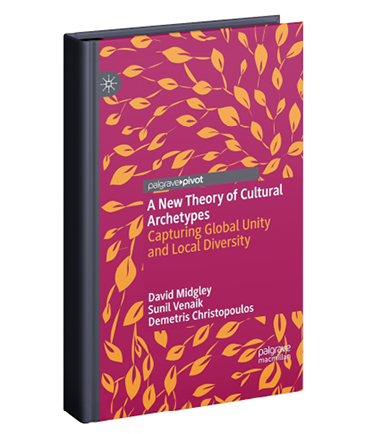
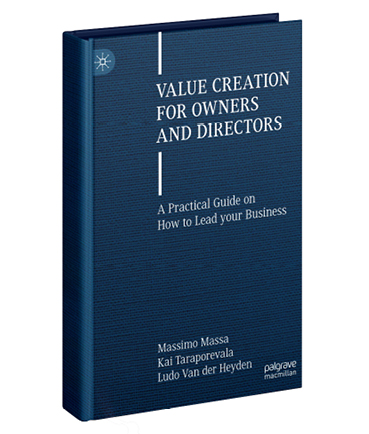
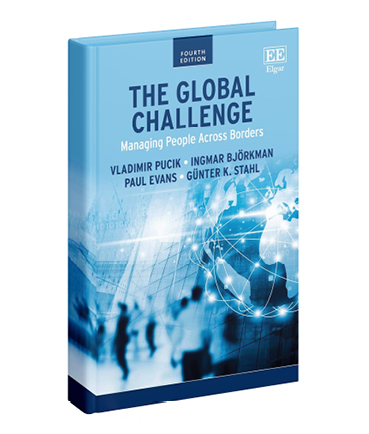
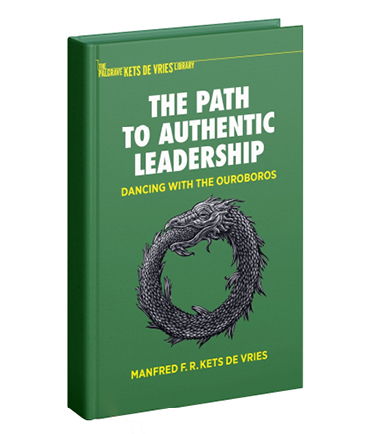
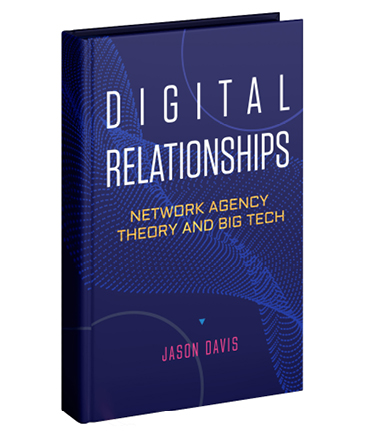
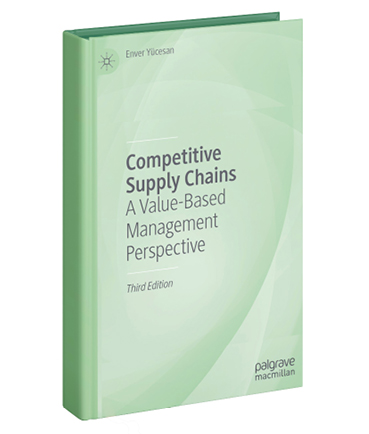
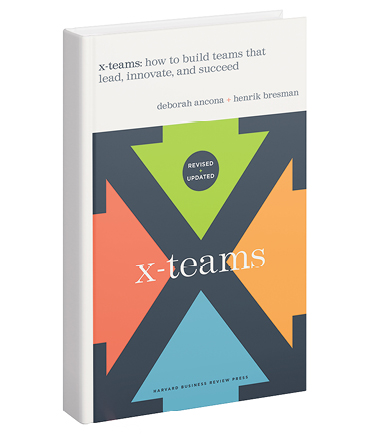
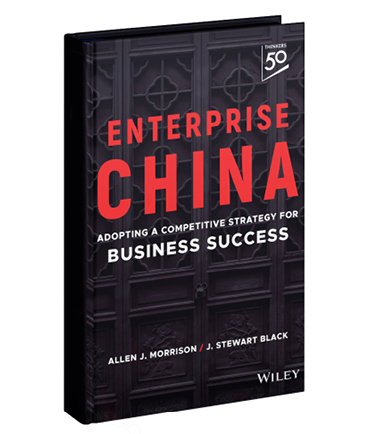
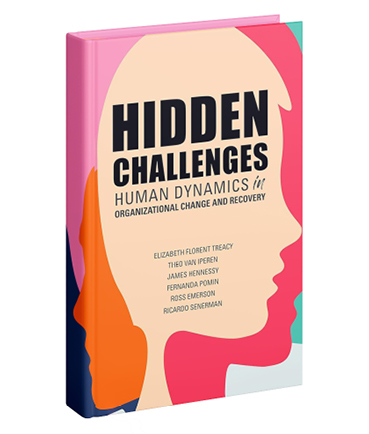
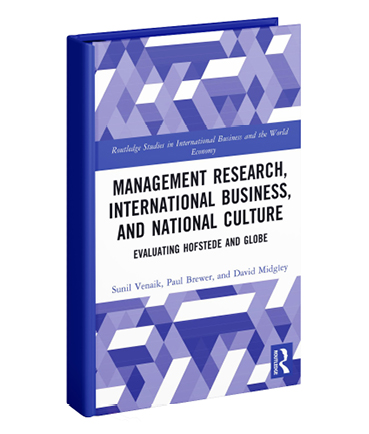
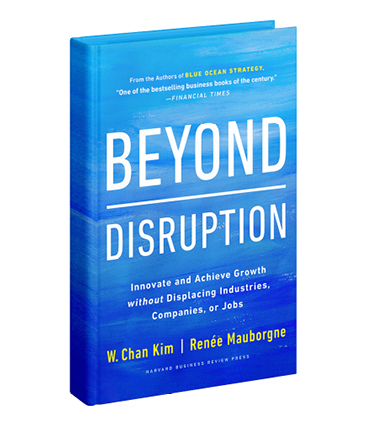
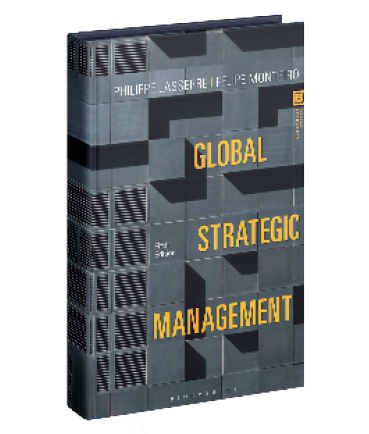

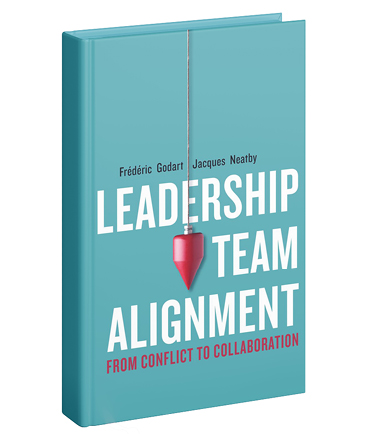
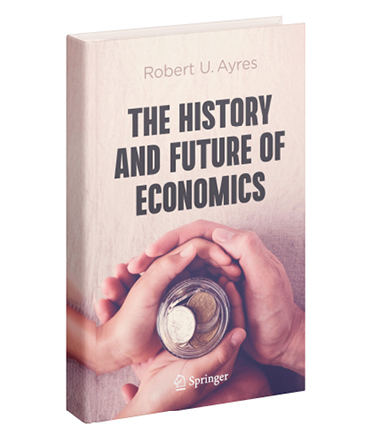

We launched two new initiatives during the year. First, the Sustainable Business Initiative, co-led by Professors Atalay Atasu and Luk Van Wassenhove, aims to build on INSEAD’s long track record and to satisfy the demand from company leaders for new knowledge in this field. It seeks to raise awareness of the business opportunities created by integrating sustainability into core organisational functions, and to provide theoretical frameworks, strategies and analytical tools to support this process.
Second, the Negotiation and Conflict Management Collaborative, announced towards the end of the Academic Year, is an open and international platform dedicated to bringing together scholars and practitioners to collaborate on research and education on negotiation and conflict management. The aim is to produce new insights and offer global perspectives, to develop sustainable negotiation techniques that help reduce social and economic inequality and create teaching materials that democratise negotiation education.
In addition, two existing structures announced the appointments of new Academic Directors in 2022–2023: Professor Kaisa Snellman for the INSEAD Gender Initiative and Professor Annet Aris for the INSEAD Corporate Governance Centre.

To consolidate the Research and Learning Hub’s mission to support academic excellence, the digital collection has grown to add valuable resources. The physical spaces, formerly known as libraries, remain havens for peaceful reading and reflection – including the Tanoto Research and Learning Hub in Singapore, which started a planned renovation project during the Academic Year.
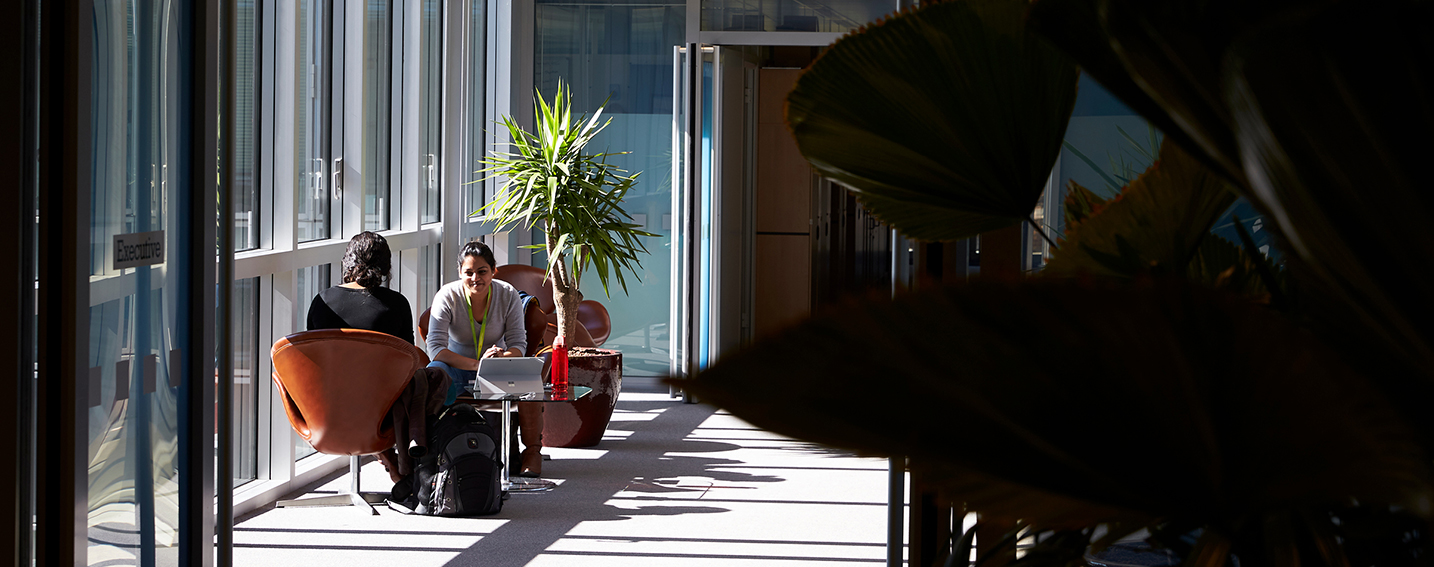
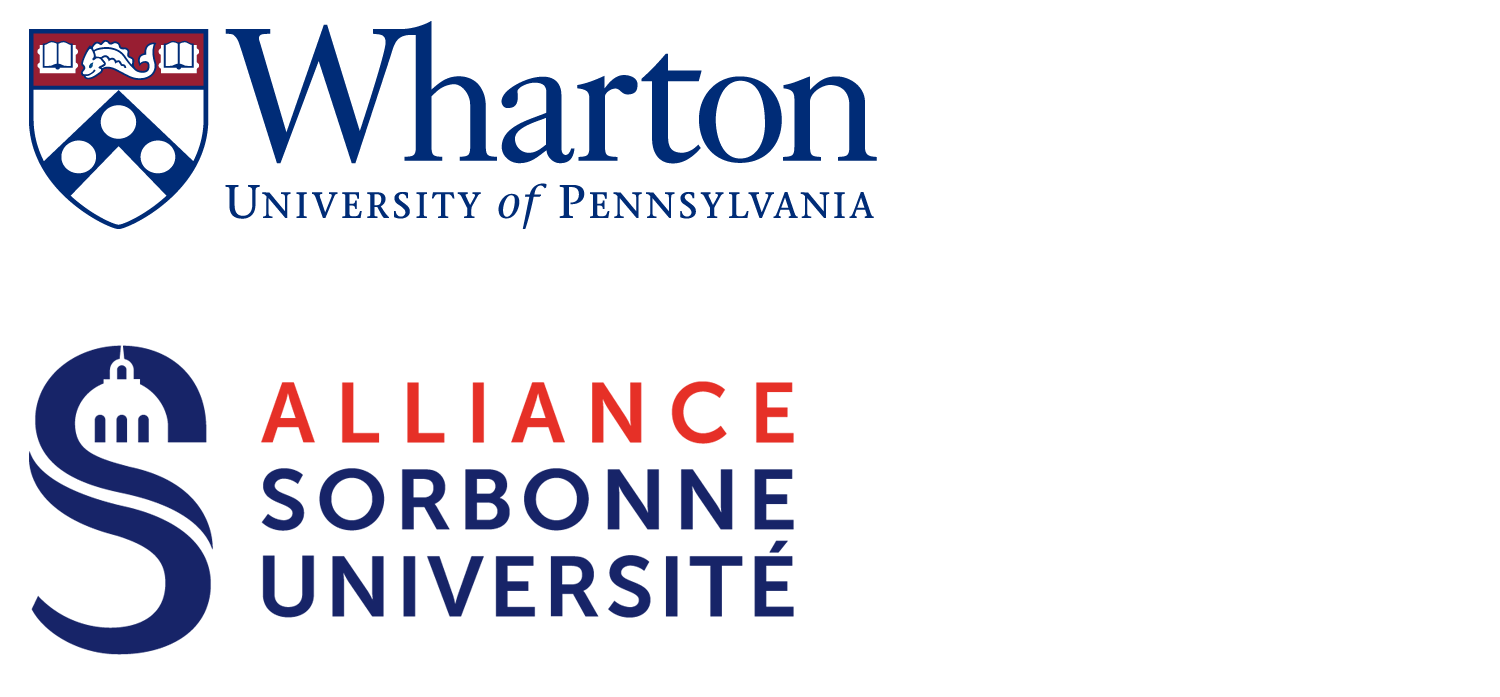
INSEAD’s 23-year partnership with the Wharton School of the University of Pennsylvania continues to thrive and foster the sharing of ideas through the ongoing student and faculty exchange programme. Last year, responsibility in management and research was a key focus as underlined when the Deans of the two schools co-authored an opinion piece on transformative change through responsible research, which appeared in the Times Higher Education and on INSEAD Knowledge.
This Academic Year saw the launch of SOUND, a Sorbonne Alliance University initiative, in which INSEAD is playing an active part. The aim is to support knowledge and expertise designed to tackle three major global challenges: a holistic approach to health; the preservation and sustainable use of natural resources; and a better understanding of changing societies.
This exciting new venture, launched in March 2023, is the first subscription-based platform of its kind from a top business school. Combining content, community, curation and credentials, the INSEAD Learning Hub democratises the INSEAD learning experience – and puts it in everyone’s pocket.
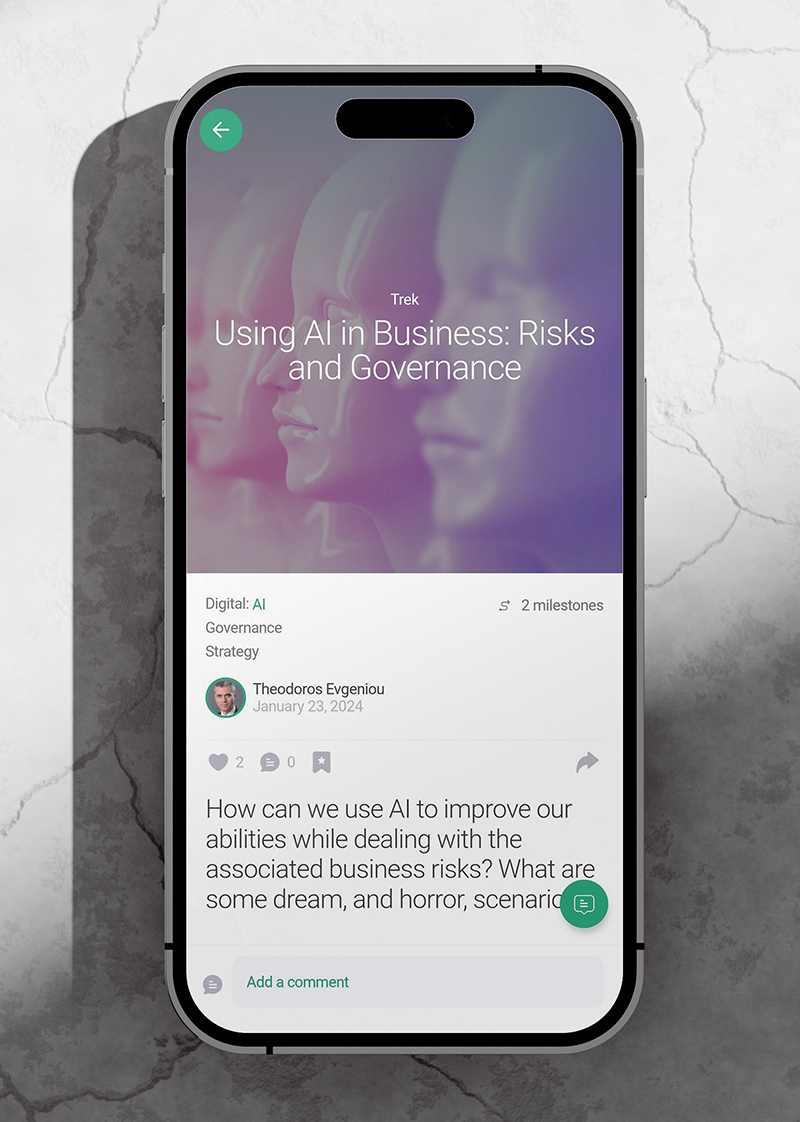
From the users’ perspective, the new mobile app makes lifelong learning both accessible and appealing to even the busiest manager. With a vision of being the home of thought leadership and thought leaders, it creates and curates the best content from academics and practitioners globally (including INSEAD alumni) into bite-sized chunks and multimedia formats: articles, videos, podcasts and live sessions. With gamification features, it makes the learning experience engaging, while offering pathways to INSEAD credentials. As the future of work evolves, with an emphasis on the rapid acquisition of new skills, the Learning Hub promises to be the future of learning by providing an innovative, fast-moving platform for gaining those skills.
Currently created and curated by a team of innovators based in Singapore and Fontainebleau, the INSEAD Learning Hub will be launching a premium paid-for version in the spring of 2024.
The mission of this global initiative is to transform management education – and particularly the 100-year-old case study method – through immersive, tech-enabled experiences. Research proves that learning acquired through immersion in virtual reality (VR) and extended reality (XR) is more engaging and memorable – and therefore more effective than traditional methods.
For several years now, the Immersive Learning Initiative has been developing immersive case studies, known as 'VR experiences'. In 2023, we launched the INSEAD XR portal. The innovative platform hosts the world’s most extensive collection of learning experiences using VR technology, coupled with a comprehensive, scalable, cost-effective and user-friendly solution for bringing these immersive learning experiences to classrooms, worldwide.
We now have a library of 20+ VR experiences, covering a wide range of management topics and which transport participants to locations ranging from Abu Dhabi to Zanzibar – and even as far as Mars. Using industry-standard headsets, case studies can be delivered on campus, off campus and online.
Already, 40+ faculty members are involved, and five other schools are using our materials. In 2022–2023 alone, we reached 5,000+ learners.
The Immersive Learning Initiative Team is based on the Middle East Campus. The team works with faculty to develop new materials and supports the use of existing experiences. In addition, they run and host pioneering events. In 2022–2023, these included the first ever regional VR Immersive Teaching Workshop in October and the first Annual Meeting of the Global XR Management Community in June. An amazing year for the Initiative culminated in the news that Academic Director, Professor Ithai Stern, was to receive the Strategic Management Society’s prestigious Educational Impact Award for 2023.
Headquartered on the Middle East Campus, digital@INSEAD is a global initiative dedicated to exploring and understanding digital technologies, as well as their applications and impact on business, management and society. To stay at the forefront of the global digital transformation, the initiative is building and engaging with a global community of students, alumni, faculty, researchers, policy makers and practitioners across academic areas and industries. In an era of unprecedented and accelerating technological and social change, we are helping to shape a more inclusive, responsible and sustainable digital future.
During 2022–2023, digital@INSEAD curated a series of webinars and events on digital transformation, showcasing our commitment to disseminating knowledge and fostering meaningful dialogues. These included 25 webinars with an average of 260 participants and a cumulative audience of over 13,000 on YouTube. The 'Fall of the Silicon Valley Bank' Tech Talk attracted over 1,200 participants. In May 2023, we held the first INSEAD Future Forum in Paris. 'How will Web 3 Transform Luxury and Fashion?' gathered 125 attendees from fashion designers to technology experts and leading academics.
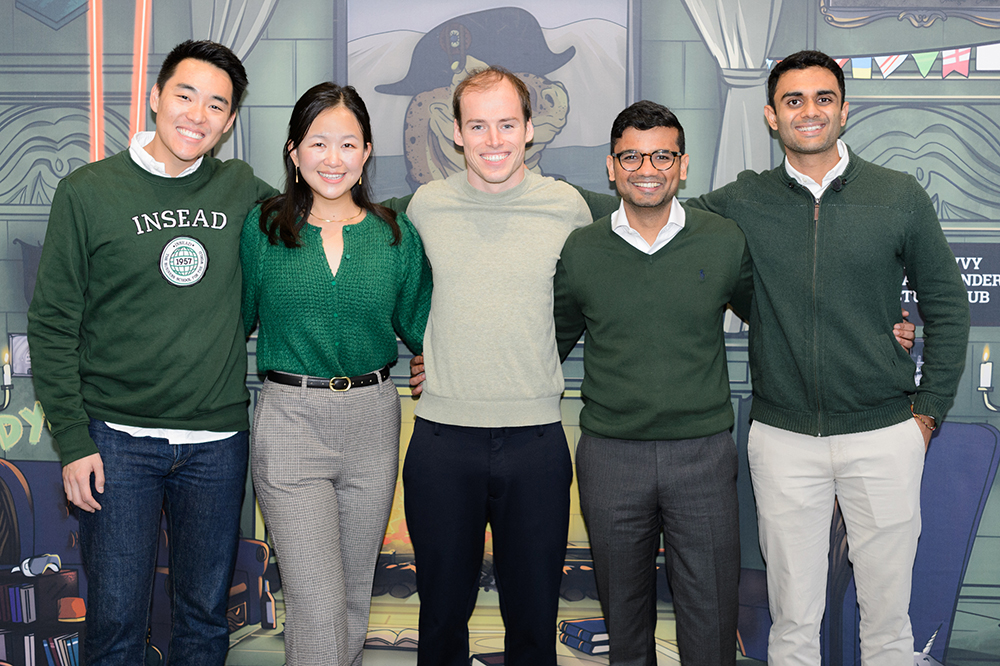
In addition, the team contributed to growing the INSEAD case studies collection on digital transformation and organised extracurricular MBA projects, competitions and treks. In November 2022, the sixth edition of our product management competition, the Product Games, held in partnership with Accenture, challenged 44 student teams from 22 business schools to build a product leveraging non-fungible tokens (NFTs) as a force for good.
In March 2023, we launched INSEAD's first crack-the-case strategy competition on sustainability and digital transformation – also supported by Accenture. During the summer of 2023, we organised the seventh edition of the Summer Start-Up Tour with nine student teams visiting over 20 countries to meet founders, venture capitalists and incubators across a wide range of sectors, including FoodTech, ClimateTech and AI.
In 2022–2023, our dedicated team of editors built on the previous year’s website to grow readership. Page views on the website increased by more than 40% compared to 2021–2022, with total page views across the website and app rising to nearly 1.2 million. We also launched a monthly newsletter on LinkedIn, which already has over 9,000 subscribers – on top of the 24,000 current recipients of our weekly email newsletter.
Another highlight was the relaunch of the monthly INSEAD Knowledge Podcast series which covered topical issues ranging from dealing with uncertainty to optimising the influence of your smartphone on your well-being. In addition, we further launched two new series of specific content – on AI: Disruption and Adaptation and Sustainable Business – to reflect the school’s focus on trending topics and current real-world challenges.
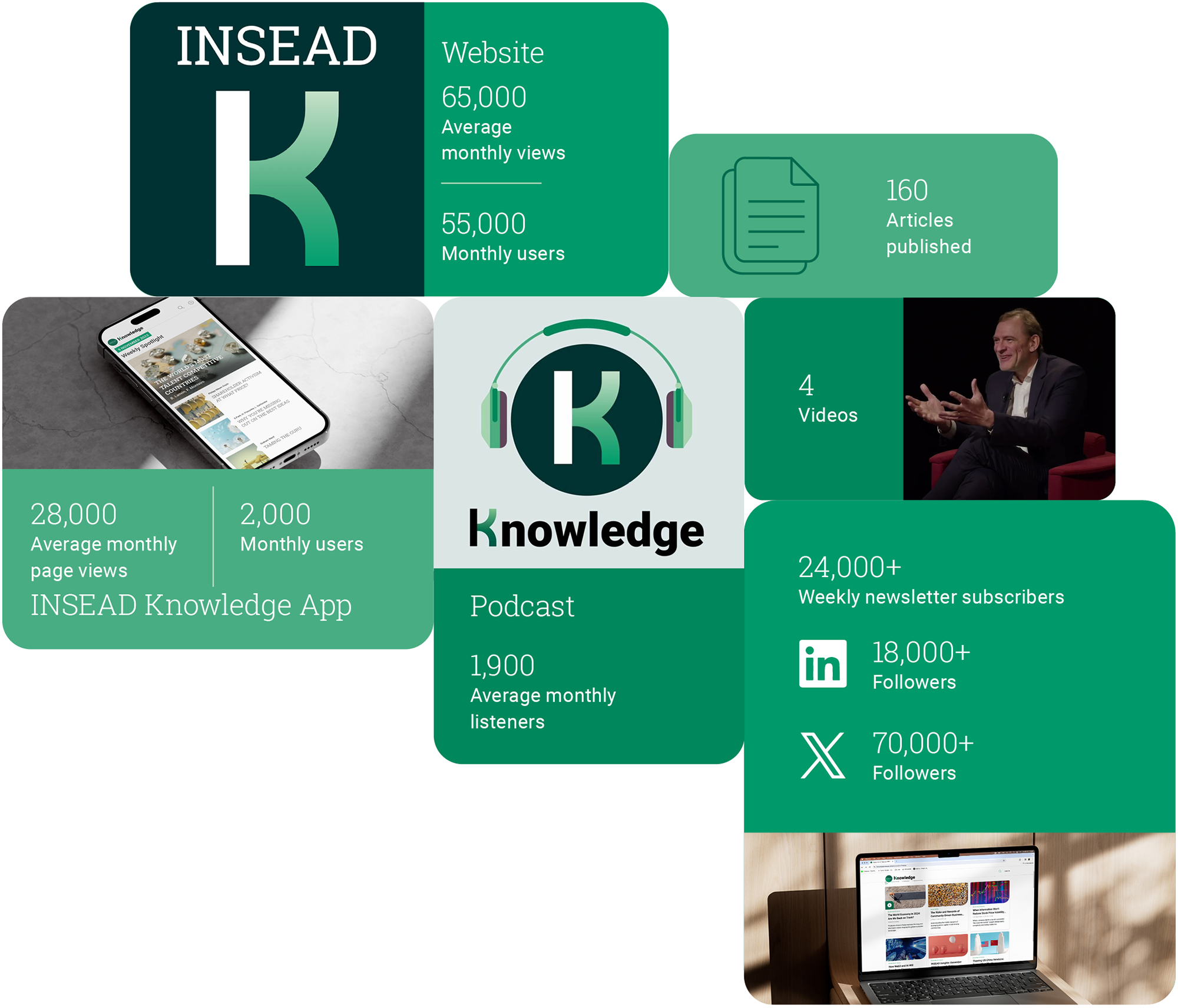
1. The World’s Most Talent Competitive Countries 2022
Career
L. Felipe Monteiro and Bruno Lanvin
2. ChatGPT and the Future of Business Education
Leadership & Organisations
Phanish Puranam, Pushan Dutt, Phebo Wibbens, Anton S. Ovchinnikov, Victoria Sevcenko, Theodoros Evgeniou and Philip M. Parker
3. Risks and Regulations: The Silicon Valley Bank Collapse
Economics and Finance
Lily Fang, Kaisa Snellman and Claudia Zeisberger
4. Five Global Trends in Business and Society in 2023
Responsibility
Katell Le Goulven, Ilian Mihov and Mark Stabile
5. How to Create Your Blue Ocean Through Noncustomer Analysis
Strategy
W. Chan Kim, Renée Mauborgne and Mi Ji
6. A Career in the Family Business: Duty or Choice?
Family Business
Morten Bennedsen
7. Healthy Eating Interventions that Work
Marketing
Pierre Chandon
8. Twitter's Remarkable Mission in a Divided World
Operations
Theodoros Evgeniou and Ludo Van der Heyden
9. Crypto 3.0 will be More Human: Causes for Optimism in Tumultuous Times
Entrepreneurship
Jason P. Davis